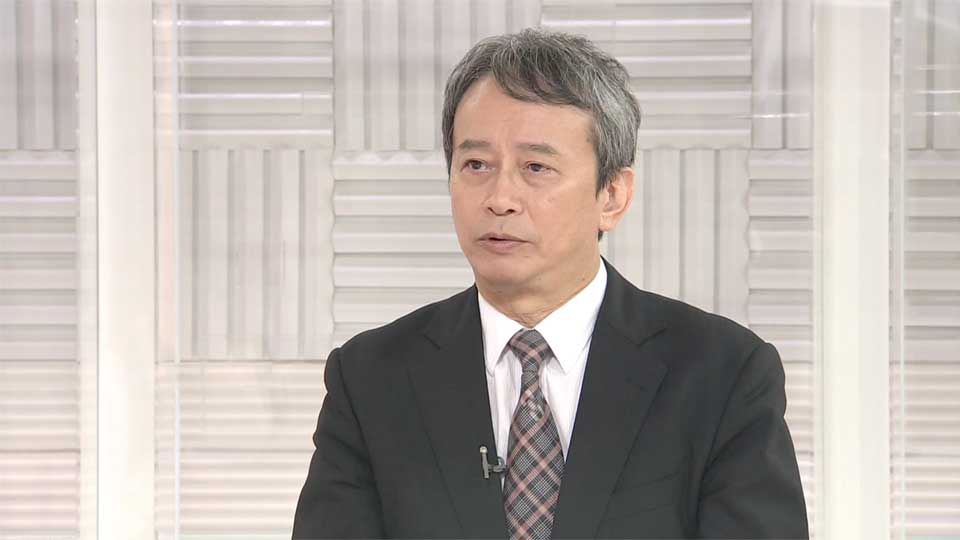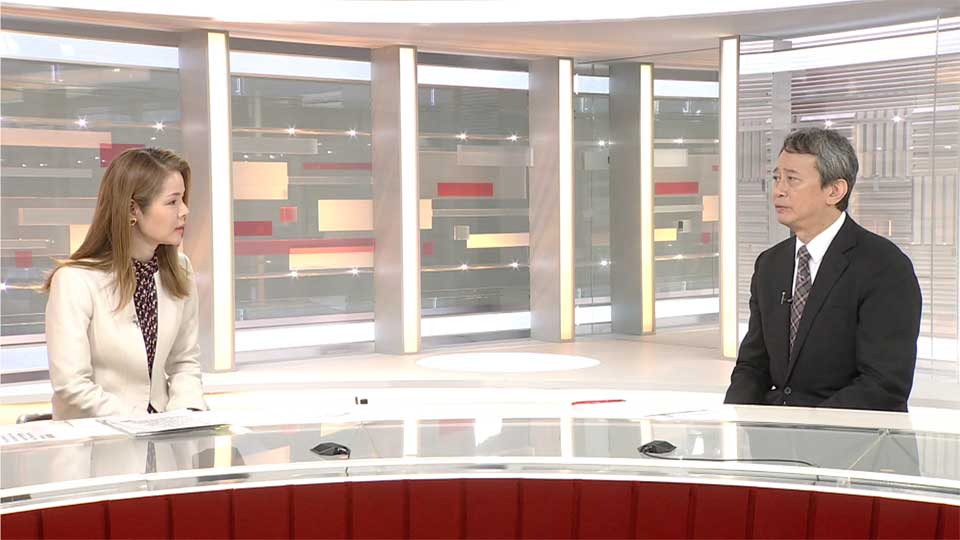Yamamoto Miki: Prime Minister Netanyahu is saying that his country is in, in his words, "a second war of independence." What sort of message do you think he's trying to convey through this expression?
Tanaka Koichiro: To begin with, the first war I think he has in mind is the 1948-49 war when Israel declared independence. Prime Minister Netanyahu in recent days has been quoting words from the Bible, specifically from the Books of Samuel. And that tells that he's trying to tell the people of Israel that the foundation and the very existence of Israel is now under attack and threatened. So he's now not only trying to justify the war, but also trying to convey a message to the Israelis that they need to remain united.

Yamamoto: Sounds like he is trying to boost solidarity within Israel, but it is also true that this is causing so much division in many places. How do you see Arab countries and the rest of the world reacting to Netanyahu's comment?
Tanaka: I see that the world is becoming polarized over this issue. First of all, the Arab countries and also the Islamic countries as well, along with Russia and China, are supportive of Palestine. And vice versa, the Europeans and the Americans are supporting the Israeli calls here. The rest of the world, especially the so-called Global South, is trying to stay away from this mess, but also still they remain to an extent supportive of the Palestinians. So the problem here is that a country like Japan, or the West, members of the G7, have been trying to garner support from the so-called Global South, but here we see that we are not that successful in that mission.

Yamamoto: All the while, we need to keep in mind that so many civilian lives are at risk and have been taken away, and there's also the hostage situation. What will you be watching for in the days and weeks to come?
Tanaka: In the short term, I would say that I really am concerned about the casualties that are rising, especially those lives of the hostages, and also the civilians living inside Gaza who are subject to this enormous amount of artillery shells and tanks and whatever the Israelis are employing on this campaign.
But for the month of November, which is going to start tomorrow, I would say that the Security Council's presidency will be occupied by the People's Republic of China, so I'd like to see whether they have their own unique initiative to launch to end this mess, and also to bring an end to the ongoing conflict, for the past 75 years, between the Israelis and the Palestinians.
